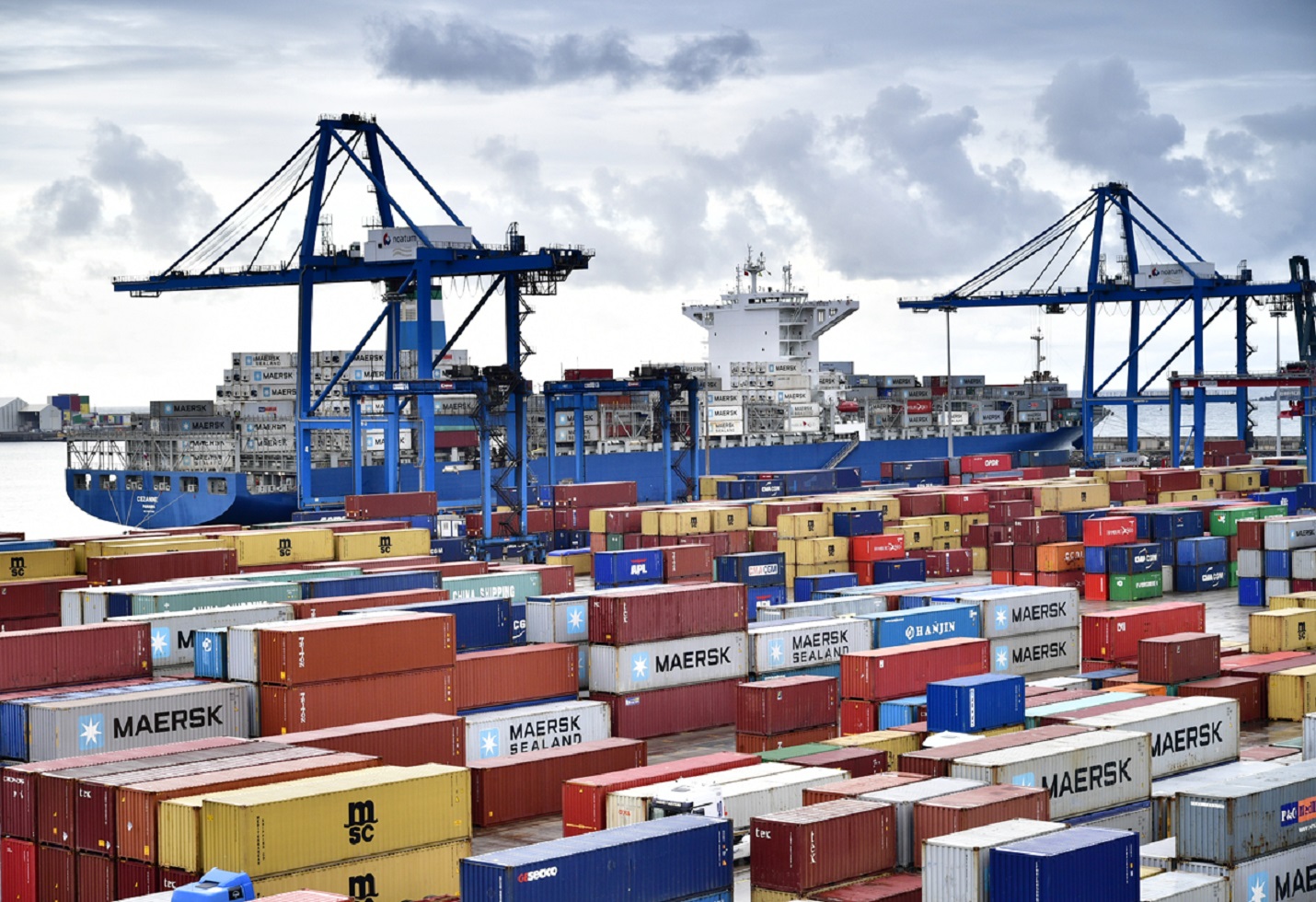Hyundai India Rides High: Strategic Stockpiling Shields Against Rare Earth Crunch
Hyundai India’s stock rises as the company taps into its parent firm’s global supply chain and rare earth resources to maintain steady EV production in response to China’s export restrictions.
Hyundai’s Strategic Response to the Rare Earth Supply Challenge
Rare earth elements, especially neodymium-iron-boron (NdFeB) magnets, are essential for manufacturing electric vehicle (EV) motors and advanced automotive electronics. China, which supplies about 90% of the world’s rare earths, introduced new export rules in April 2025 requiring end-use certificates for outbound shipments. This move has disrupted global supply chains, leaving automakers scrambling for alternatives.
While many Indian manufacturers, including major players like Maruti Suzuki, have reported production slowdowns or cuts due to rare earth shortages, Hyundai India stands out. Leveraging Hyundai Motor Company’s global sourcing network, the firm has secured a reliable supply of essential materials amid growing market constraints.
Hyundai’s Strategic Stockpile: A Year’s Worth of Security
According to sources familiar with recent investor calls, Hyundai Motor Group, including Hyundai and Kia, has built up a rare earth magnet inventory sufficient to last about a year. Hyundai built up this stockpile during a window of relaxed export controls by China, enabling it to secure sufficient materials while many rivals fell short.
Hyundai’s investor relations team emphasized that this buffer gives the company “far more wiggle room” than most rivals, enabling uninterrupted production of both electric and hybrid vehicles for at least the next twelve months. The company’s ability to maintain such reserves reflects a disciplined, forward-looking supply chain strategy.
Market Impact: Hyundai India’s Shares Buck the Trend
News of Hyundai’s robust inventory and supply chain management buoyed investor sentiment, with Hyundai India’s stock climbing over a percent in an otherwise cautious market. This positive movement contrasts sharply with the declines seen by peers who are more exposed to the rare earth crunch.
The broader Indian auto industry is under pressure, with two-wheeler manufacturers like Bajaj Auto and TVS Motor Company warning of possible production halts as soon as July 2025, should the supply situation not improve. Credit rating agency ICRA has warned that industry-wide rare earth magnet stocks could be depleted within weeks, potentially leading to significant disruptions.
The Global Context: China’s Leverage and Industry Fallout
China’s dominance in rare earth production has long been a strategic concern for global industries. The recent export restrictions are widely seen as a response to escalating trade tensions, and they have already impacted supply chains in sectors from automotive to aerospace and semiconductors.
While European automakers have reportedly received prioritized shipments, Indian manufacturers have faced delays and additional regulatory hurdles. Since April, Indian companies have not received any rare earth magnet shipments from China, further intensifying the crunch.
Hyundai’s decision to diversify its sourcing and build up inventories now appears prescient, insulating it from the immediate fallout and setting a benchmark for supply chain resilience.
Lessons for the Indian Auto Sector
Hyundai’s approach highlights the importance of proactive risk management and global integration in today’s volatile supply environment. By leveraging its parent company’s global network and maintaining strategic reserves, Hyundai India has ensured business continuity even as competitors face uncertainty.
The current crisis also underscores the need for India to develop alternative sources of rare earths and invest in local supply chains. As the auto industry pivots toward electrification, securing critical minerals will be essential for sustainable growth.
Conclusion
Hyundai India’s ability to sidestep the rare earth crunch through strategic stockpiling and global supply chain integration has not only protected its production lines but also boosted investor confidence. As the rare earth shortage continues to challenge the global auto industry, Hyundai’s preparedness offers a blueprint for resilience and long-term competitiveness in a rapidly changing market.
:
The image added is for representation purposes only



